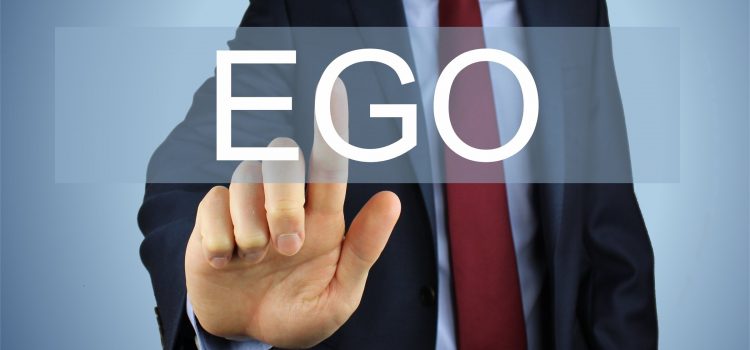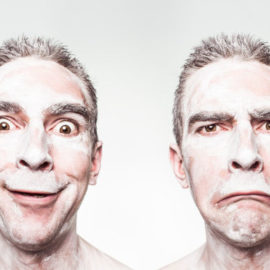

This article is an excerpt from the Shortform book guide to "Poor Charlie's Almanack" by Charles T. Munger. Shortform has the world's best summaries and analyses of books you should be reading.
Like this article? Sign up for a free trial here .
What is the Lake Wobegon effect? How do you check this tendency?
The Lake Wobegon effect is the tendency to like yourself so much that you overestimate your capabilities and become excessively self-confident. You can check this tendency by focusing on being more objective when thinking about yourself, your decisions, and anything you are attached to.
Read on to learn more about the Lake Wobegon effect.
What It the Lake Wobegon Effect?
You tend to like yourself a lot. This also causes you to like everything about you too much:
- You overestimate your abilities and think you’re more competent than you are.
- You overvalue your possessions. Once given an item, you value it more than you did before receiving it.
- You like your decisions more after you’ve made them.
- You like people who are like you (homophily).
Why It Evolved
The lake Wobegon effect evolved because believing yourself to be competent and valuable can boost confidence, which helps spur action. In contrast, having constant self-doubt would be crippling.
How It Can Be Harmful
When the lake Wobegon effect combines with doubt-avoidance tendency, your overconfidence makes you pick rash decisions that aren’t as good as you believe. Then, denial, inconsistency avoidance, and excessive self-regard tendency make you think the decision is great and not worth changing.
People who are excessively self-confident may do more harm than good.
Homophily collects people who think alike, which tends to breed groupthink.
- Corrupt departments will select for people who fit the corruption, and over time the behavior will be deeply entrenched and very hard to change.
Examples of the Lake Wobegon Effect
- The Lake Wobegon effect—in surveys of people on common abilities like driving, the majority of people believe they’re above average, which is of course mathematically impossible.
- In gambling, if you can’t pick your own numbers, gamblers play much less frequently. The presumption that a gambler has personally picked good numbers is a big part of the appeal.
- If you think you’re pretty smart, you may more easily fall for scams if you think, “there’s no way a smart person like me would fall for scams, thus this isn’t a scam.“
- In stock market cycles, people enter the market thinking they’re smarter than the average investor, which often turns out to be untrue.
- Many hiring interviewers overestimate their ability to pick good performers from face-to-face interviews.
Antidotes
To control the Lake Wobegon effect, force yourself to be more objective when thinking about yourself, the people close to you, your property, and your decisions.
- Use a checklist to see if any psychological tendencies apply, and ask yourself questions about your objectivity.
Justified pride is fine. It’s even necessary in many fields—pilots need to be confident in landing planes, and surgeons need to be confident in their handiwork.
Confronting excessive self-regard in other people: other people may think they’re not at fault, but you can’t accept excuses for poor performance.
- A child steals candy and says he’ll replace it later. His father says, “Son, it would be better for you to simply take all you want and call yourself a thief every time you do it.”
- Unfixed bad performance tends to be self-repeating and creates a bad culture. Create a fair, meritocratic, demanding culture.

———End of Preview———
Like what you just read? Read the rest of the world's best book summary and analysis of Charles T. Munger's "Poor Charlie's Almanack" at Shortform .
Here's what you'll find in our full Poor Charlie's Almanack summary :
- A collection of Charlie Munger’s best advice given over 30 years
- Why you need to know what you’re good at and what you’re bad at to make decisions
- Descriptions of the 25 psychological biases that distort how you see the world






